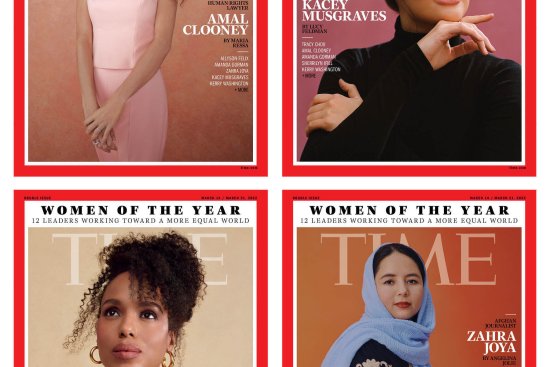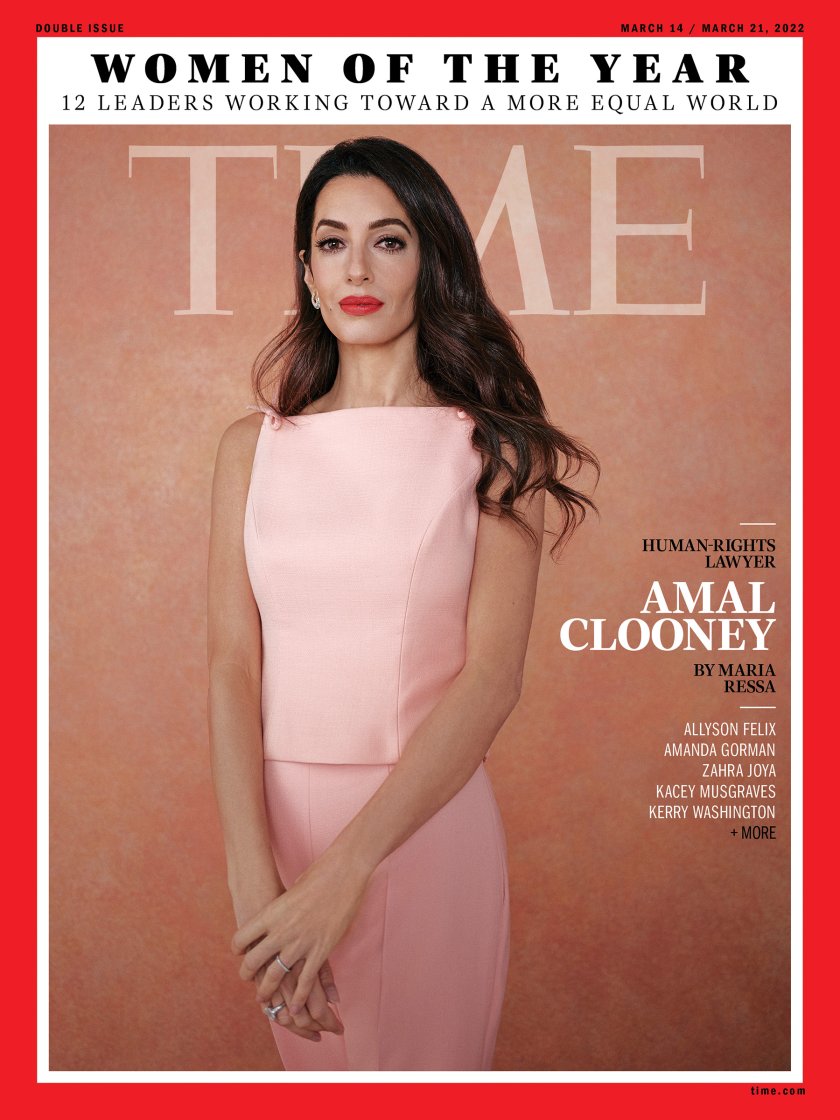
The list highlights 12 extraordinary leaders working for a more equal world
In March 2020, just weeks before the world closed down with the arrival of COVID-19, TIME published a project highlighting 100 influential women, one per year starting in 1920. This was our way of correcting the record, addressing the legacy of a publication long known for its Man of the Year franchise, which only became Person of the Year in 1999. The response to that project was overwhelming, and it crystallized our desire to find more ways to highlight the impact that women have on the world.
The pandemic underscored the ways in which broken systems hurt women, from rising domestic violence to disproportionate job losses. When we sat down last fall to conceive a version of this project that could become an ongoing tradition, we chose to spotlight leaders who are working to create a better future for women everywhere. Our 2022 Women of the Year list features 12 individuals who have reached across communities, generations, and borders to fight for a more inclusive and equitable world.
“You have to have dogged determination,” human-rights lawyer and Women of the Year honoree Amal Clooney said in a rare interview, given to Nobel Peace Prize–winning journalist Maria Ressa, who was herself named a Person of the Year in 2018. “You’re coming up against people whose power and existence depends on them continuing to commit serious abuses, and they’re not going to give up. So we definitely can’t give up on our side.”
Clooney’s words took on searing prescience when, a week before this project was set to launch, Russian President Vladimir Putin ordered forces to invade Ukraine. Hundreds of thousands of people have fled the country—mostly women and children, with fighting-age men summoned to fight.
Images from the borders have called to mind another humanitarian crisis that has defined the past year. When the Taliban returned to power in Afghanistan, Zahra Joya, the founder of Rukhshana Media and one of the country’s few female journalists, was evacuated to London. But she and her team of female reporters inside Afghanistan and abroad continue to report on the issues affecting Afghan women. “We don’t do simple journalism these days,” Joya, one of this year’s honorees, told TIME contributing editor Angelina Jolie. “We are trying to write for our freedom.”
Some of the women on our list have stepped into the spotlight with new solutions. Software engineer Tracy Chou experienced relentless abuse online, and created an app to combat it. Jennie Joseph, a British midwife based in Florida, is fighting to end the Black maternal mortality crisis by training one midwife at a time.
Others are using the power they already have to lift up the less empowered. After the 2016 election, actor and producer Kerry Washington committed to leveraging her celebrity to fuel her political activism. “The most effective use of my microphone,” Washington said, “is handing it to women and marginalized people.”
Leading with empathy and compassion was a thread that ran through the honorees’ stories. Inaugural poet Amanda Gorman emphasized her appreciation for leadership qualities often seen as “feminine.” And singer-songwriter Kacey Musgraves spoke about finding the courage to write honest music: “It always makes it easier to put vulnerable thoughts out there when you know they’re going to be met with connection.”
On March 8, International Women’s Day, we’ll convene the honorees at a TIME Women of the Year gala in Los Angeles. We can’t wait to be in the room with these incredible women, and to hear them connect over their ideas. Allyson Felix said it best: “When you speak your truth, things happen. You draw power from one another.”
